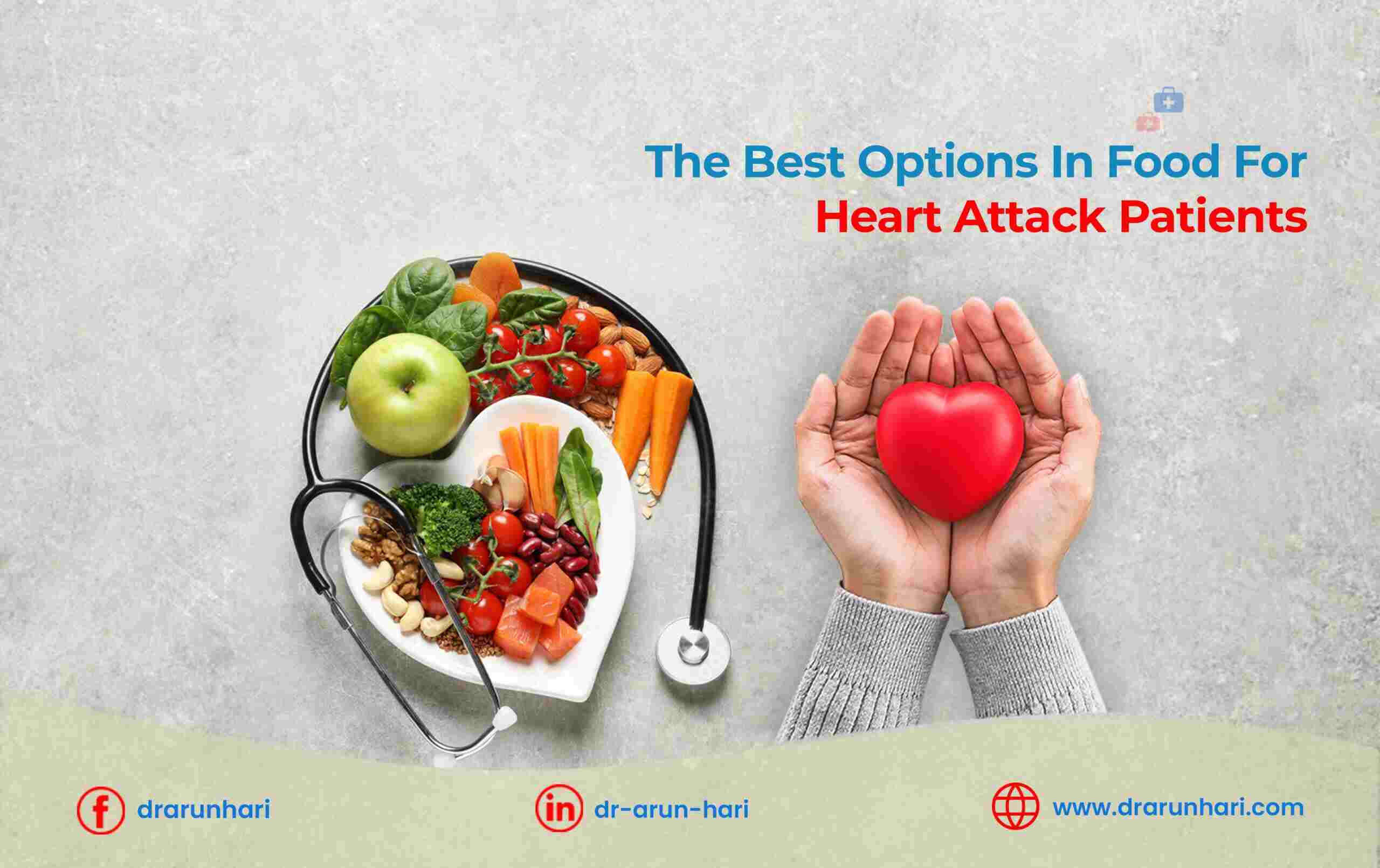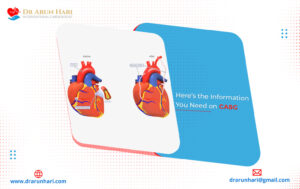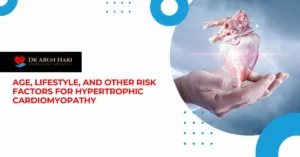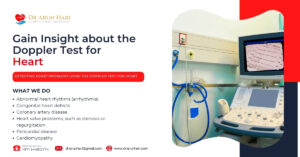Foods to Limit after a Heart Attack
Foods to Avoid after a Heart Attack
Other Heart-Healthy Lifestyle Habits
Your heart is telling you to wake up and eat right!
Heart attack is like a wakeup call that tells you to be strict with your daily diet if you wish to live a long healthy life. After a heart attack, it is crucial to adopt a heart-healthy diet and lifestyle to support recovery and reduce the risk of future cardiovascular problems. Here are some recommendations of food for heart attack patients, as well as information about different diet types and other heart-healthy habits:
The Best Options in Food for Heart Attack Patients
Here are the best options in food for heart attack patients:
- Fruits & veggies: Aim for a variety of colourful fruits & veggies as they are rich in antioxidants, fibre, and vitamins.
- Whole grains: Include whole grain products like whole wheat, brown rice, oats, and quinoa. They provide essential nutrients & fibre.
- Lean proteins: Some options include legumes, fish, skinless poultry, & tofu.
- Healthy fats: Opt for sources of healthy fats like olive oil, avocados, nuts, and seeds.
- Low-fat dairy or dairy alternatives: Include low-fat milk, yogurt, and cheese or their alternatives like almond milk, soy milk, or oat milk.
- There’s nothing fishy about the fish! Consume fatty fish such as salmon, mackerel, and trout, which are high in omega-3 fatty acids that promote heart health.
- Nuts & seeds: Enjoy a handful of unsalted nuts & seeds like almonds, walnuts, chia seeds, and flaxseeds, which are rich in heart-healthy nutrients.
Foods to Limit after a Heart Attack
- Sodium (salt): Limit your sodium intake to lower BP. Avoid processed foods & packaged foods. You can also use herbs & spices for flavouring instead of sodium.
- Saturated & trans fats: Reduce intake of saturated fats & trans fats found in red meat, full-fat dairy products, fried foods, and processed snacks.
- Added sugars: Tell your sweet tooth to turn sour! Jokes apart; limit the consumption of sugary drinks, sweets, and desserts.
Foods to Avoid after a Heart Attack
- Processed & fried foods: These often contain unhealthy fats, excessive sodium, and added sugars, which can negatively affect heart health.
- High-fat dairy products: Avoid full-fat milk, cream, butter, and high-fat cheese, as they can contribute to high cholesterol levels.
- Red meat: Limit or avoid consumption of fatty cuts of beef, pork, and& lamb, which can be high in saturated fat.
Diet Types
- The Mediterranean Diet: This diet emphasizes fruits, vegetables, whole grains, legumes, nuts, seeds, olive oil, and moderate consumption of fish, poultry, and red wine. It is associated with reduced risk of heart disease(s) and promotes overall health.
- Dietary Approaches to Stop Hypertension (DASH) Diet: The DASH diet focuses on fruits, vegetables, whole grains, lean proteins, low-fat dairy, and limited sodium. It aims to lower BP and improve heart health.
- Plant-Based Eating: A plant-based diet centres around foods derived from plants, such as fruits, vegetables, whole grains, legumes, nuts, and seeds. It can help lower cholesterol levels and reduce the risk of any heart disease(s).
Other Heart-Healthy Lifestyle Habits:
- Regular Exercise: Engage in moderate aerobic exercises like brisk walking, cycling, etc.
- High Time to Please Your Weighing Scale! Maintaining a healthy weight through a balanced diet & regular exercise is necessary.
- Stress Management: Practice stress-reducing techniques like deep breathing, meditation, yoga, or other relaxation exercises to help manage stress levels.
- Smoking Cessation: Quit smoking if you are a smoker, as smoking is a significant risk factor for heart disease and can hinder recovery.
- Alcohol Consumption: Excessive alcohol consumption can have detrimental effects on your heart health. Moderation is your glass of health!
Doctor Arun
So, now you know about the best options in food for heart attack patients! For personalized advice, it is recommended to consult with Doctor Arun, who is a sincere healthcare professional specialising in cardiology. He can assess your individual needs and provide tailored recommendations based on your medical history and current health status.





